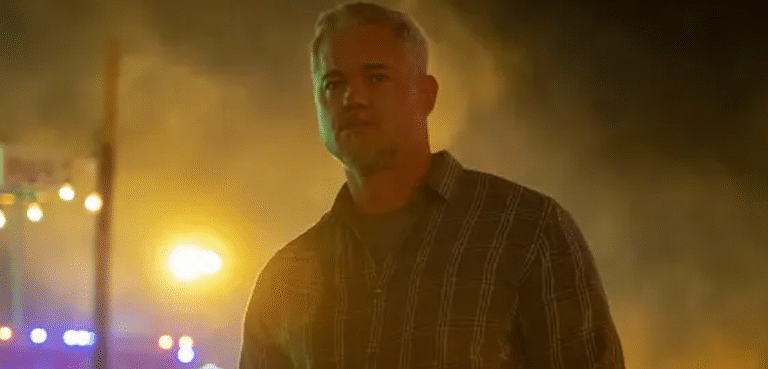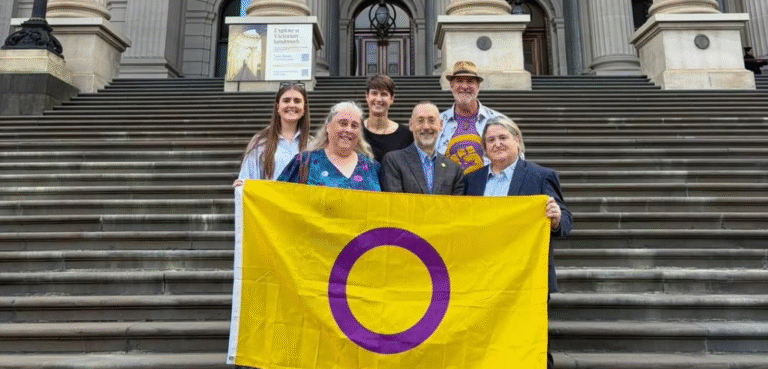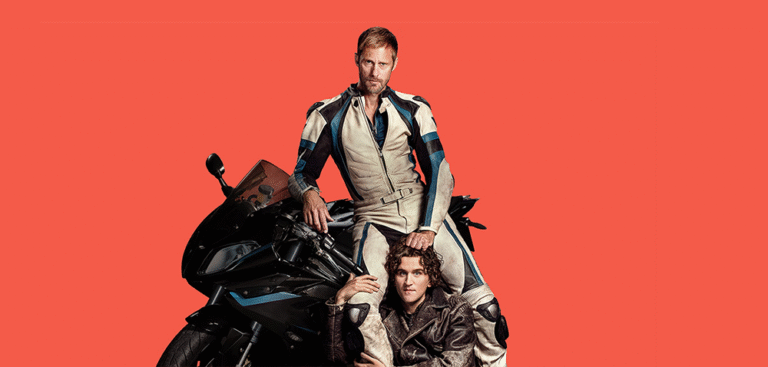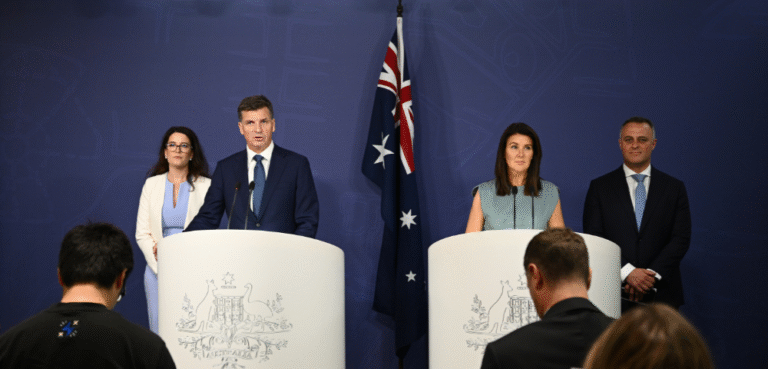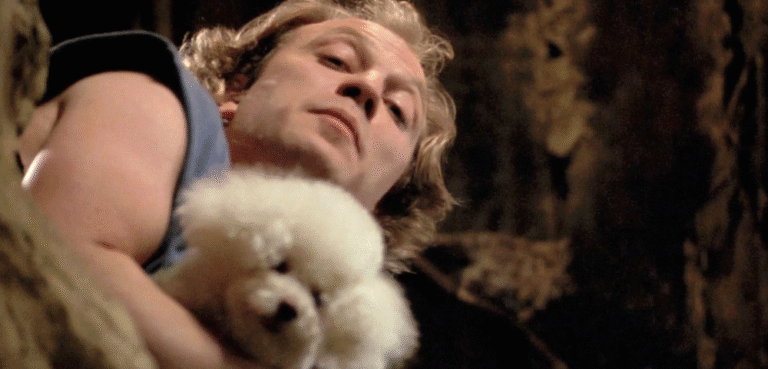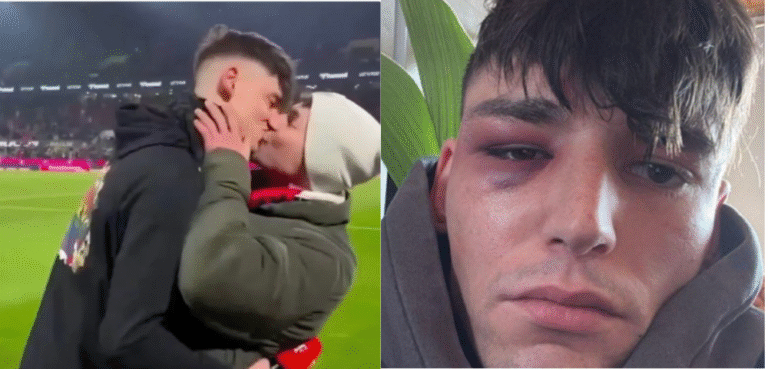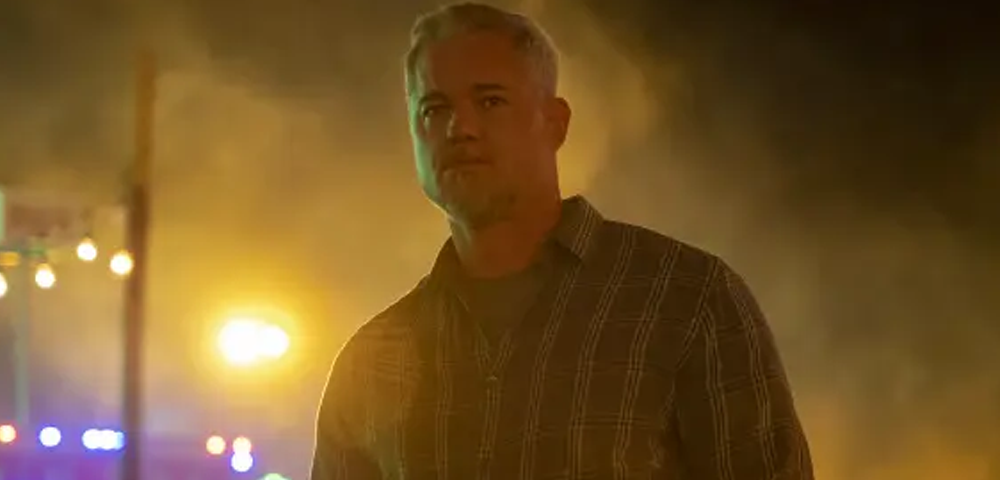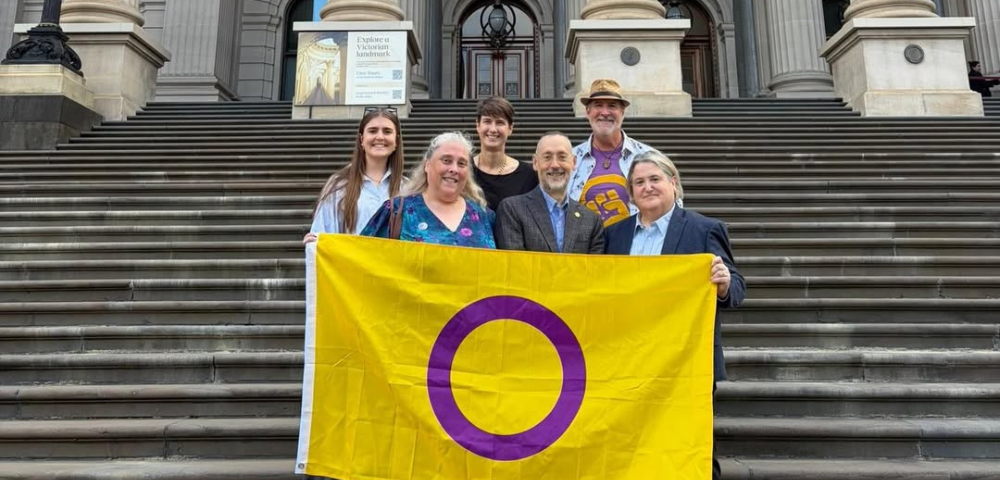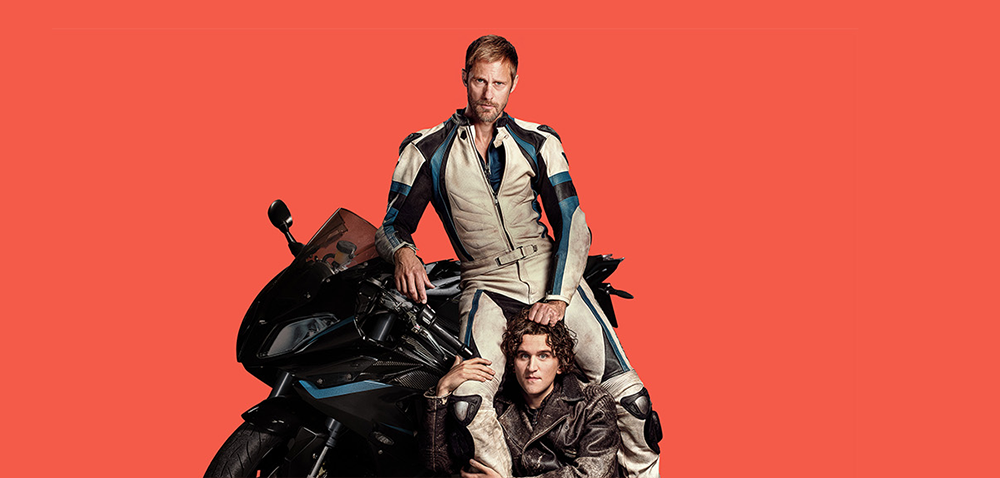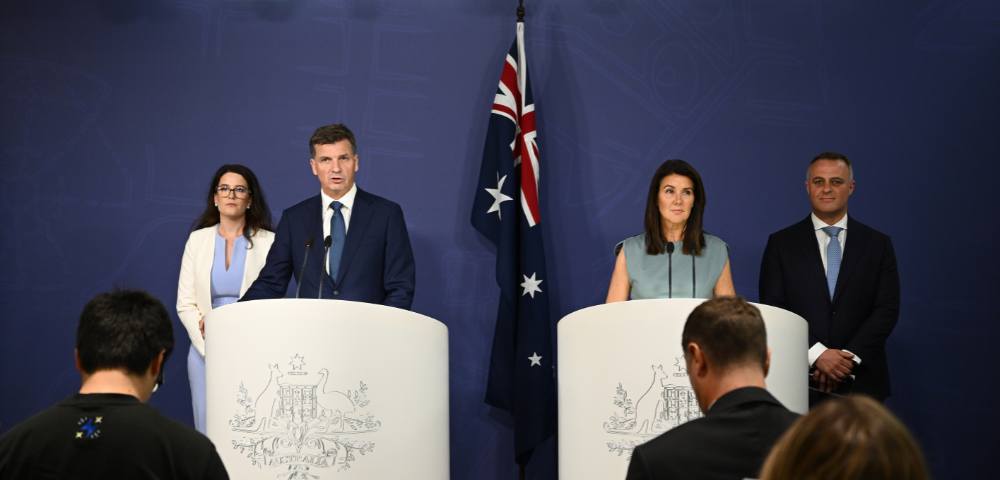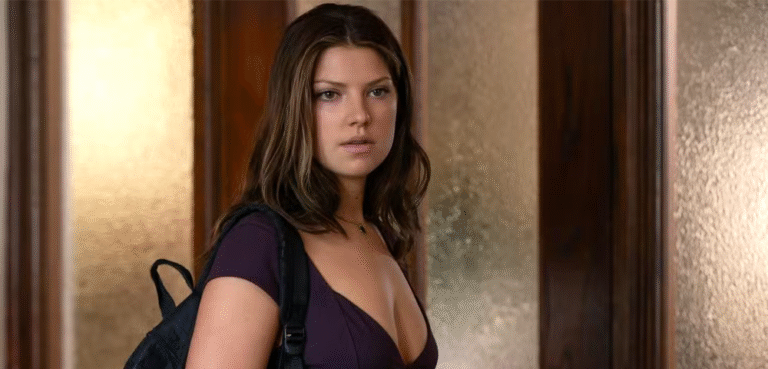
Hong Kong’s annual Pride parade downgraded amidst ongoing unrest
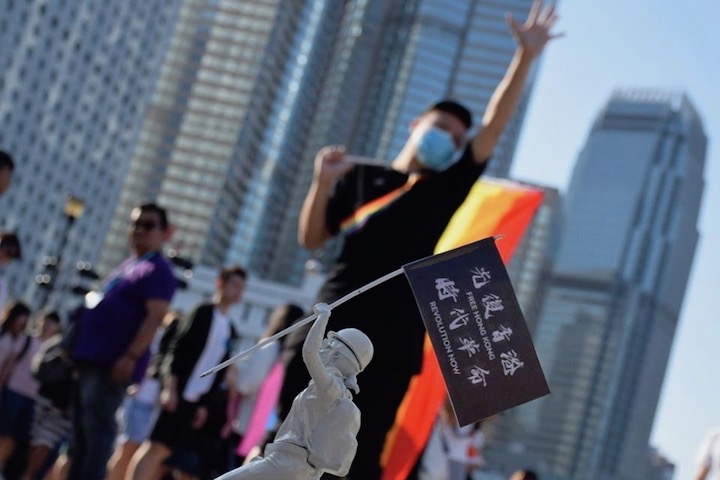
Over 6,000 people turned up on Saturday to celebrate Hong Kong Pride following a police ban on the annual march due to ongoing political turmoil.
Rather than a parade, Hong Kong Pride was celebrated as a carnival-like demonstration in Central’s Edinburgh Place on the harbour front, after the event was downgraded last Thursday to a “stationary rally”, event organisers said.
The downgrade, only allowing attendees to gather in the “form of a public meeting” came after police banned the traditionally colourful march through the territory as pro-democracy protests continue to engulf the city.
Prominent LGBTQI Hong Kong lawmaker Ray Chan criticised the parade ban as a seemingly punitive action against the LGBTQI community.
“The pride parade has always been orderly, peaceful and well-disciplined,” he told the Straits Times.
“There is no reason for the police to reject the pride parade application … It has nothing to do with the recent protests.”
Chan later tweeted on Saturday that the democratic territory was “lucky” to be in the position they are now.
“We are lucky to have paved the way for the next generation to grow up as who they are,” he wrote.
Hong Kong has hosted Pride parades for the LGBTQI community for a decade, with roughly 12,000 people gathering last year to demand marriage equality and anti-discrimination protections.
Organisers of this year’s “public meeting” said that roughly 6,500 people attended. The drop in turnout is being attributed to public tension and Hong Kong’s new anti-mask law, which also prevented costume attire, reported the South China Morning Post.
The convenor of the Civil Human Rights Front, the organisation which organised marches that drew one million people onto the streets in June, showed up to the “public meeting” on crutches.
Jimmy Sham, who is gay as well as pro-democracy, was hospitalised recently after being attacked by five men with hammers. Sham said it was disappointing the parade had been banned, and it showed citizens were losing their rights.
Sham also noted that the unsuccessful push for marriage equality in Hong Kong failed for the same reason democracy protesters had their demands ignored.
“The government is not willing to listen to the people,” he told The Sydney Morning Herald.
“Only when the minorities and disadvantaged groups are protected and secure will the general public be secure.”
A 17-year-old called Mo, who attended the “public meeting” and identified himself as a protestor who had helped build roadblocks and extinguish tear gas canisters thrown by police, told the South China Morning Post that police presence was only creating conflict, instead of resolving it.
“Every year, the pride parade is held. Police had only rejected this year’s march two days before despite an application being filed much earlier,” he said.
“I believe when there is no police presence, everything will be peaceful.”
Local democracy activist Joshua Wong candidly pointed out that as a community with a history steeped in activism, campaigning and independent freedom, LGBTQI rights are closely associated with pro-democracy protesters’ rights.
“If we still hope to recognise Hong Kong as a global city it is a must for Hong Kong to be an open society to facilitate same-sex marriage,” Wong told The Sydney Morning Herald.
